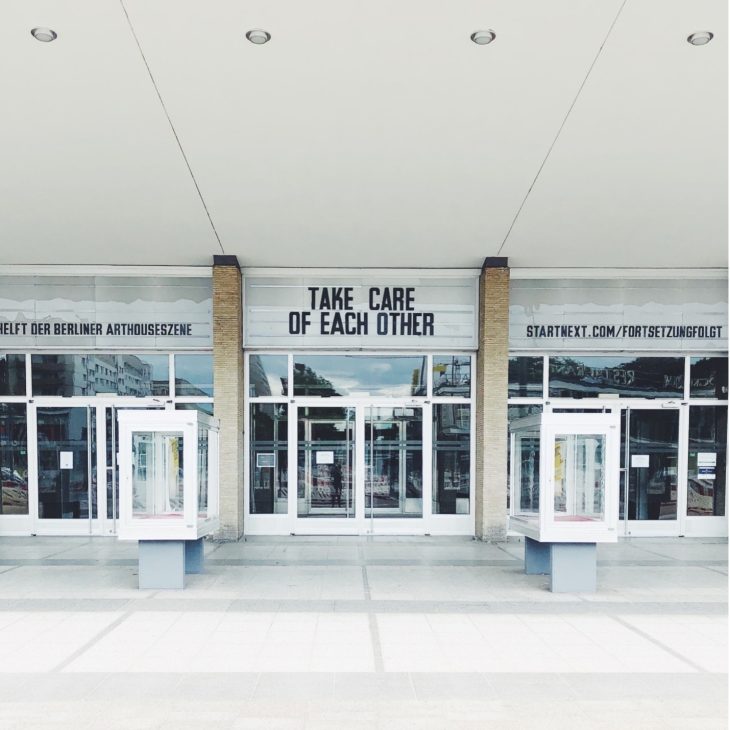The Common Good as Subject and Spirit
May 27, 2021

Ralph Keen is dean of the UIC Honors College and professor of history and religious studies. The course he describes here was titled “The (Un)Common Good: Social Thought in a Diverse Society,” offered as a first-year course in the Honors College.
How can an idea that seems to have receded from contemporary thought be brought back to the forefront? By turning it from a concept to an experience.
A year of isolation for most and dislocation for all was actually the perfect time to develop a new course on the fabric of society and reasons for its fraying in recent years. The extent to which self-interest and in-group identity seem to have eclipsed concern for the neighbor who is not like us is an issue worth asking about, and there can be productive discussion about reasons for the decline of attention to the common good. Productive discussion among two dozen students describes my course last semester from the first week to the last. During a year seemingly suffused with gloom, a course about social unity and fragmentation might be an unlikely high spot. Yet it was the most satisfying course in my teaching career, and student evaluations reflect high satisfaction on their side as well.
What made it a success? The essential factor was the diversity of the class and their engagement with the questions that ran through the course: are societies by nature closed? Necessarily hierarchical in organization? Who determines the dominant sorting system—race, language, religion—in a given culture, and to what end? Two dozen students, no two of whom to my knowledge shared the same background, brought their perspectives and in some cases brought their families’ stories to bear in bringing these issues to the front of our minds. As first-year students in a general-education course, they did not know each other, and were as different in their preparations and academic interests as they were in backgrounds and cultures. The only thing they had in common was being in the course.
The composition of the class, together with their willingness to discuss hard questions, contributed in a unique way to the character of the course. For the majority of our authors from Aristotle onward, the population that addressed and maintained the discourse about the common good was coherent and homogenous, whether by political identity, religious culture, or privileged status within a given social organism. The idea of a common good, in other words, was shared among persons with a common identity, persons who formed a “we.” Discussions of the topic take a different form when those conversing have no obvious shared ground apart from being students at our school and in this particular class. Moreover, the power dynamics of social gatekeeping are real and personal for those whose education is their symbolic entry through the gate.
Over the course of the semester as students got to know each other they began to see that their discussions were a common search for consensus, and came to recognize that the course was an experiment in the subject itself. Wrestling with the authors’ positions, sharing their own sense of the tension between homogenous community and a diverse broader society, debating the concepts of diversity and inclusion: these made every hour an exercise in either coming to agreement or respectful acceptance of different viewpoints. We became, in other words, a community committed to a common good marked by understanding and coexistence. The subject of the course had become, at the end, our unifying bond.
During the pandemic the class formed a community only in the virtual sense. The students’ various locations (actual as well as social), with unexpected appearances by others and who knows what sort of background noise for some of them, proved no obstacle to discussion and mutual engagement. They were expected to be every bit as present as if we were all in a classroom, and they were. When they return in the fall they will understand what we mean by community, not just having pondered it as an idea but having, despite obstacles, created one in the process of taking the idea seriously.
Share
Related Articles



